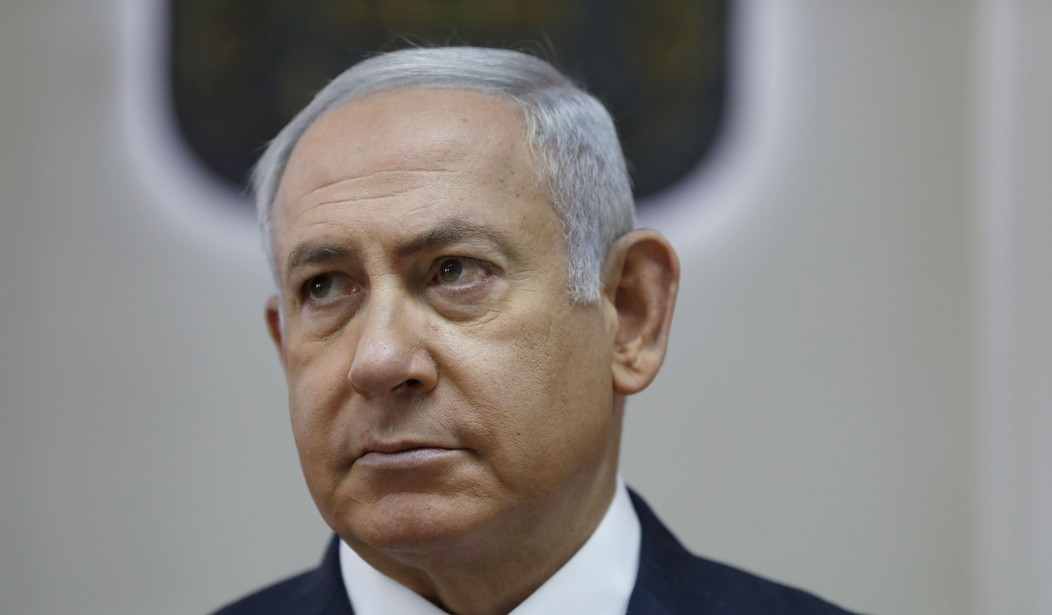In the deadliest airstrike of the war, Israeli planes conducted a massive raid on Iranian and Syrian positions in eastern Syria, killing 57.
At least 18 separate targets were hit, which included arms depots and military positions. At least 14 Syrian regime forces, 16 Iraqi militia fighters, and 11 Afghan members of the pro-Iran Fatimid Brigade were killed, according to the Syrian Observatory for Human Rights. There were 16 additional deaths of unknown national origin.
“This is the largest death toll from Israeli raids in Syria,” said the Syrian Observatory’s head, Rami Abdul Rahman.
Days before the strikes, the Fatimid Brigade transported a consignment of Iranian-manufactured weapons to eastern Syria from neighbouring Iraq, said the UK-based Observatory, which relies on a network of sources on the ground. They were stored in the region targeted overnight, it added.
It is less than a week since the last wave of Israeli strikes in Syria. On Thursday, Israel targeted positions in the south and in the southern outskirts of Damascus, killing three pro-Iran fighters.
One of the goals of the airstrikes has been to make it more difficult to use Iraq as a conduit for Iranian weapons. The Iraqi government doesn’t have much of a choice in allowing the transhipment of arms, even if they opposed it.
Israel had no comment on the raid but it’s clear that a new wind will be blowing through Washington and it will be decidedly chilly for Israeli Prime Minister Benjamin Netanyahu.
Trump’s administration, which is to make way for Joe Biden’s on 20 January, gave unprecedented US support to the government of the Israeli prime minister, Benjamin Netanyahu.
“In the dying days of the Trump administration, Netanyahu is trying to do as much damage as possible to the IRGC effort in Syria before Biden takes office,” said Nicholas Heras, of the Institute of the Study of War, referring to Iran’s Islamic Revolutionary Guard Corps.
Biden and Netanyahu are not ideological soulmates as Trump and the Israeli prime minister were. But that doesn’t mean that Biden would oppose Israel as it defends itself from Iranian aggression. Netanyahu will have to tread more carefully when it comes to the settlement policy, but Biden is expected to stand with Israel when it comes to its defense.
“Biden has to ask himself, exactly what is Iran after in Syria?” Israeli Intelligence Minister Eli Cohen said on Army Radio after the Israeli strikes.
Israel said it was retaliating for what it called an Iranian-sponsored operation in which Syrians planted explosives near an Israeli military base in the occupied Golan Heights.
With Biden moving inexorably toward some kind of accommodation with Iran, Netanyahu has to be wondering what that means for Israel. Biden almost certainly won’t sell out Israel in order to rejoin the nuclear agreement, but how far will he go to accede to Iranian wishes? Biden opposes the BDS movement and has not made any statements about cutting U.S. aid to Israel. But the U.S. has been a rock in its support for Israel at the UN during the Trump administration and that will almost certainly change. Biden will seek to rejoin some of the agencies that Trump abandoned during his term for their bias against Israel.
That bias won’t change, but Biden will be more willing to accept it as a price of admission.










Join the conversation as a VIP Member